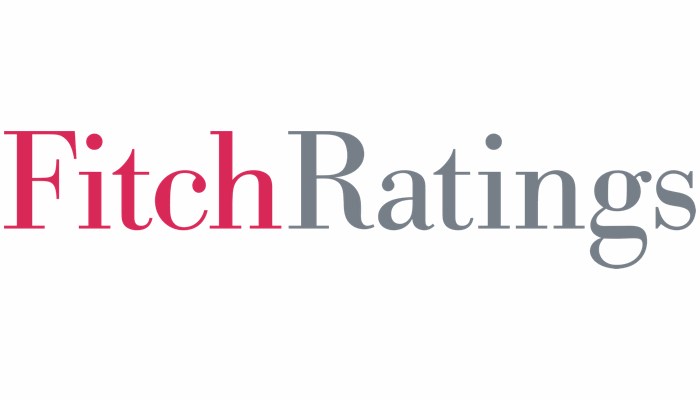Fitch Ratings has outlined a neutral outlook for the Latin American insurance markets in 2024, citing stable operating conditions and economic growth.
 Despite positive premium growth projections, the sector is expected to experience a more moderate pace due to increased competition and the normalisation of claims pressure stemming from receding inflation levels, the report noted.
Despite positive premium growth projections, the sector is expected to experience a more moderate pace due to increased competition and the normalisation of claims pressure stemming from receding inflation levels, the report noted.
The neutral outlook is also influenced by expanding monetary policies, potentially impacting overall profitability in certain markets. Factors such as lower investment portfolio yields, higher reinsurance costs, and increased retention levels contribute to climate change risk exposures and earnings volatility.
Sovereign ratings are identified as potential influencers on the insurance industry profile and operating environments, as investment portfolios remain exposed to government bonds, particularly in domestic economies where operations are concentrated, according to Fitch.
Fitch revised sector outlooks for Colombia, El Salvador, Peru, and Chilean Non-Life to a more optimistic “Neutral” from the previous “Deteriorating” status. The resilience of these markets’ insurance industries, combined with favourable economic conditions, moderate inflation, strengthened underwriting policies, and improved claims management, contributed to the positive shift.

The report indicates that the rating outlook distribution remains stable, with a positive trend observed in 2023 as rating upgrades outpaced downgrades. Approximately 18% of ratings currently hold a Positive Outlook due to strong operating performance, robust company profiles, and high levels of capitalisation.
Eduardo Recinos, Senior Director at Fitch, commented on the outlook, stating, “The neutral Latin American insurance sector outlook reflects positive premium growth during 2024 but at more modest levels, highly correlated with GDP forecasts and economic developments in the region.”
Fitch expects premium growth to stay positive in Latin America in 2024 but at a more restrained rate, influenced by GDP forecasts and economic developments. Inflationary pressures are anticipated to ease, but challenges related to offsetting claims inflation and higher expenses through premium increases remain.
Attention is also drawn to interest rates and financial performance, with expanding monetary cycles potentially affecting investment portfolio yields. Lower interest rates may impact insurers’ overall profitability, given the reliance on investment income in some markets, the report noted.
Furthermore, the report highlights higher reinsurance costs and increased retention levels in Latin America, influenced by the hardening global reinsurance market. The region’s exposure to natural catastrophe risks has led primary insurers to retain a higher proportion of these risks, contributing to premium price adjustments.






































